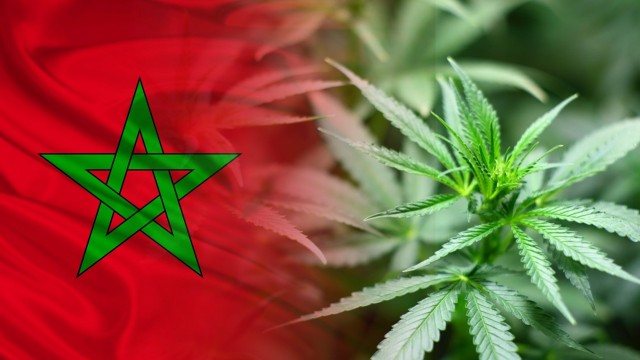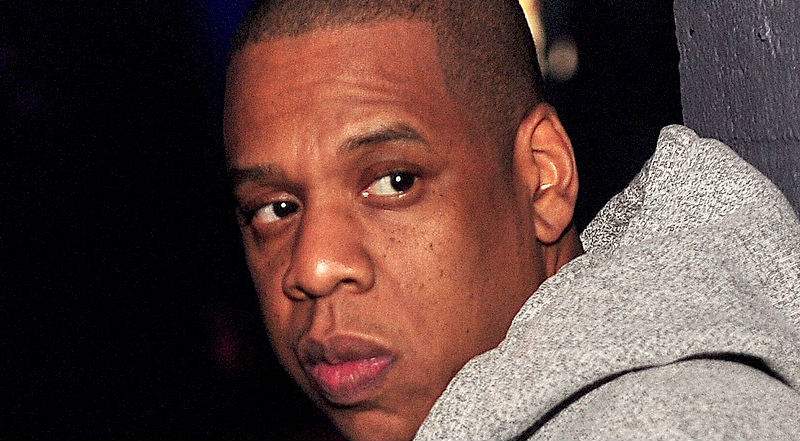The Morocco Council of Ministers has just released the details of a draft bill to legalize the cultivation, export, sale, and use of medical and industrial cannabis.
At present, Morocco is currently one of the world’s largest black market weed producers, exporting around $15 billion worth of hash to the UK and Europe each year. Most of this black market weed is grown in the Rif mountains, home to impoverished farmers who have found that cannabis is the most lucrative crop that they can produce. But even so, drug smugglers keep an estimated $14.5 billion worth of these profits to themselves, and the farmers who grow illegal weed remain entrenched in poverty.
Moroccan law enforcement have been cracking down on illegal hash production over the past two decades, reducing the total area of illegal cannabis grows from over 331,000 acres in 2003 to around 116,000 acres in 2015. These raids have made the plight of the region’s farmers even worse, though, and protests over income inequality have been on the rise ever since. Now at last, the government has realized that legalization is a more efficient solution to these problems than prohibition ever could be.
The new legalization proposal aims to provide farmers with a more reliable source of income by allowing them to grow cannabis for medical use. The draft bill would only legalize cannabis cultivation in six specific regions in the Rif mountains where black market weed production is currently centered. Moroccan-born farmers living in these regions will be allowed to organize into legal weed “cooperatives” that will be authorized to sell their crop to domestic cannabis producers or export it overseas.
Recreational cannabis use will remain strictly prohibited, and farmers will only be authorized to grow cannabis for “medical, pharmaceutical and industrial purposes,” Morocco World News reports. Businesses that are registered in Morocco will be able to apply for marketing, export, or import licenses. The bill would also set up a national agency to monitor and regulate the country’s new cannabis industry.
Progressive Moroccan lawmakers have been pushing for cannabis legalization for years, but the Islamist PJD party, which has control of the country’s Parliament, has shot down these efforts at reform. But when the United Nations voted to remove cannabis from its list of the most dangerous drugs in the world last December, the PJD party relaxed its opposition to medical pot.
The country’s Parliament must still approve the plan before it can become law, but government officials expect that it will be approved by next week. The full details of the bill have yet to be released, but more information will become available once it is approved.











